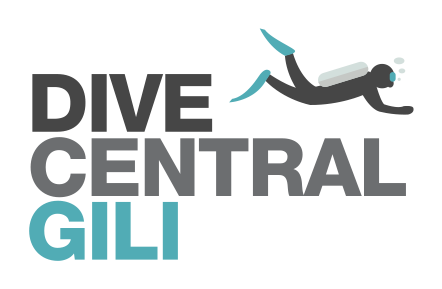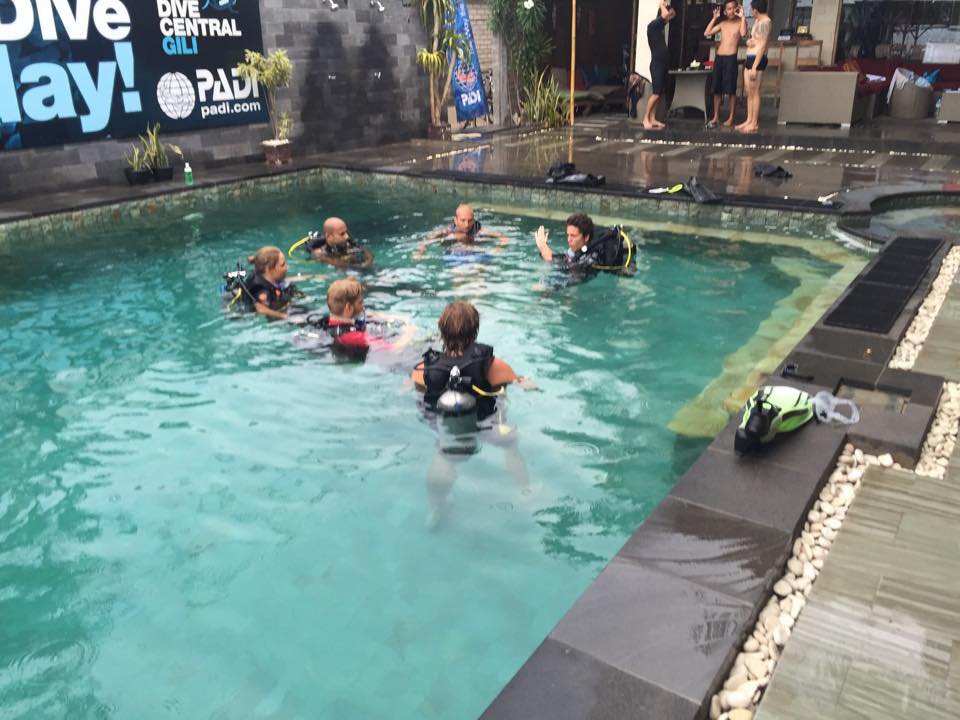Going pro? What to think about before signing up!
Completing the PADI Divemaster course is a great way to gain heaps of experience, rack up loads of dives and generally become a better, more aware and more secure diver. The best point being - when you complete, you can work as a diver! It doesn't matter if your experience with diving has just been on your holidays or if you have already caught the diving bug and are massive dive geeks like as at DCG. All you need is a passion for diving and the underwater world, and be ready to develop your skills and knowledge. We can then help you on your journey from recreational diver to diving professional in no time at all. So in the spirit of #Divemasterweek we thought we might list some considerations to think about if you are interested in becoming a PADI professional.
1. TIME AND SCHEDULE
How much time do you actually have to complete the course, with 60 logged dives upon completion? There are several things that takes a lot of time:
- You need 40 logged dives before starting the course. If you don't have too much time to complete the course then try to dive as much as possible before signing up for the course. That way to don't have to spend a week simply fun diving. Obviously, fun diving is fun, and is also beneficial to you as you will get to know the dive sites that you will be training at. However, some of us have deeadlines and jobs to get back to, so rack up your dives before your course and you can hit the ground running and start assisting straight away.
- As with all PADI courses, there is a theory section. Divemaster theory is not difficult, but can be a bit time consuming. You have to have exam 1 completed before you can assist on courses. If like most of our divemaster trainees, you prefer to enjoy a cold beer in the evenings, rather than having your head stuck in a book, getting a head start is a good idea. Most dive centers sell the divemaster crew pack in their shop, so you can actually finish reading the divemaster manual and begin the knowledge reviews before coming to us.
Part of the course is that you assist on different PADI courses. We recommend that you work with different instructors. You will see different ways of teaching, different styles and different ways of doing things. This will give you a wider range of experience and help you to develop your own style. On every course you will learn something new, whether it is spotting a new fish, how to navigate a dive site or how to help divers with problems. 6-8 weeks is a good amount of time to complete the course without any stress, it might sound like a long time - but you will be surprised on how fast time goes by (you know what they say, time flies when you're having fun!)
2. EQUIPMENT
So, do you need your own kit? The answer is YES! You will be diving 2 - 3 times every day, so feeling comfortable with the equipment you are using is very important.
BCD - Performing skills becomes so much easier when you know your kit well. Having your own BCD will make you feel more comfortable and will help you to execute your BCD skills more easily, and in turn give you more confidence.
Computer - Even if you are logging your dives, a dive computer will track your nitrogen levels, throughout the day for repeat diving, and during days that follow. Changing computers every day will not give you an accurate reading of your nitrogen levels. Also, having your own dive computer is really cool!
Mask - Your mask (other than you set of regulators) is one of the most personal items of dive kit. Your mask will mold to your face making it more comfortable and making it easier to execute mask skills. You will also only have your own spit around your eyes, instead of a whole dive school's worth! (bbblleeuuurk!)
Surface Marker Buoy (SMB) - with reel is one of the most important pieces of equipment. If you get separated from your group or you are diving in a busy boat traffic, it is your ticket to the surface, safely. Never dive without one!
It might feel like it is a lot of money, but if you are buying quality products it can last for 5-10 years, so in the long run it is actually works out better for you. As a certified Divemaster, most dive centers expect you to have your own equipment in order to get work, so why not invest in it from the start, it will make your course so much easier, and you will look pretty cool too!
DMT Thore is helping to load the equimpent on to the boat
3. WHERE AND WITH WHOM
Doing some research gives you a rough idea of what to expect when choosing the location for your PADI divemaster course. Ask yourself questions such as: How is the island/location in general? How is the diving? Is it place easy to get to or does it need some planning? If you want to work as a divemaster, what are the options once your course is complete? Is there any medical facilities on the island? What are the possibilities for further training, such as sidemount, nitrox or instructor development course. If you want to get a broader experience, can the dive shop offer it to you?
Booking something in advance gives you security in having a spot saved for you, it also gives you the opportunity to get feedback from the center in what to bring, expect, prepare etc. Most importantly, you can start to build a relationship with the people working there, before you actually arrive. The staff at the dive shop are going to be your dive family for the time that it takes you to complete your course, so getting an idea of the vibe and style of the shop is a great way to help you choose where to go. Dive for a while with the company and get the feeling for the shop,see if you feel comfortable there and if you click with the crew. Lastly you can talk with the divemaster trainees already doing their internship at the shop, they are current customers they will give you a truthful, accurate opinion.
4. UNDERSTANDING YOUR ROLE
However fun and educating the divemaster course is, it is important to remember that it may not always be a walk in the park. You will not spend 8 weeks fun diving, because you are on a journey, transforming from a recreational diver to a PADI diving professional. You will spend a lot of time fine tuning your skills, testing your ability to help divers in distress and being anticipating the instructors need (you are their dive bitch!) You need to be responsive, prepared and able to cope under pressure. If you are ready to become a role model to less experienced divers and have the patience to help them feel comfortable, this course is for you. The days will be quite long and packed with tasks to do, everything from setting up tanks in the morning, to doing skills in the pool, assisting the instructors on courses, or reading up on your theory - there will never be a dull moment.
Are you ready? If so, this will be one of the best experiences of your life. You will not only make friends but you will find a dive family, where age, gender, nationality does not matter, because diving is what you all are there for.
You will develop as a diver, but also as a person. Divemasters are confident, self-assured, and ready to help others both in diving and in their day to day lives. What are you waiting for?! Sign up now!





